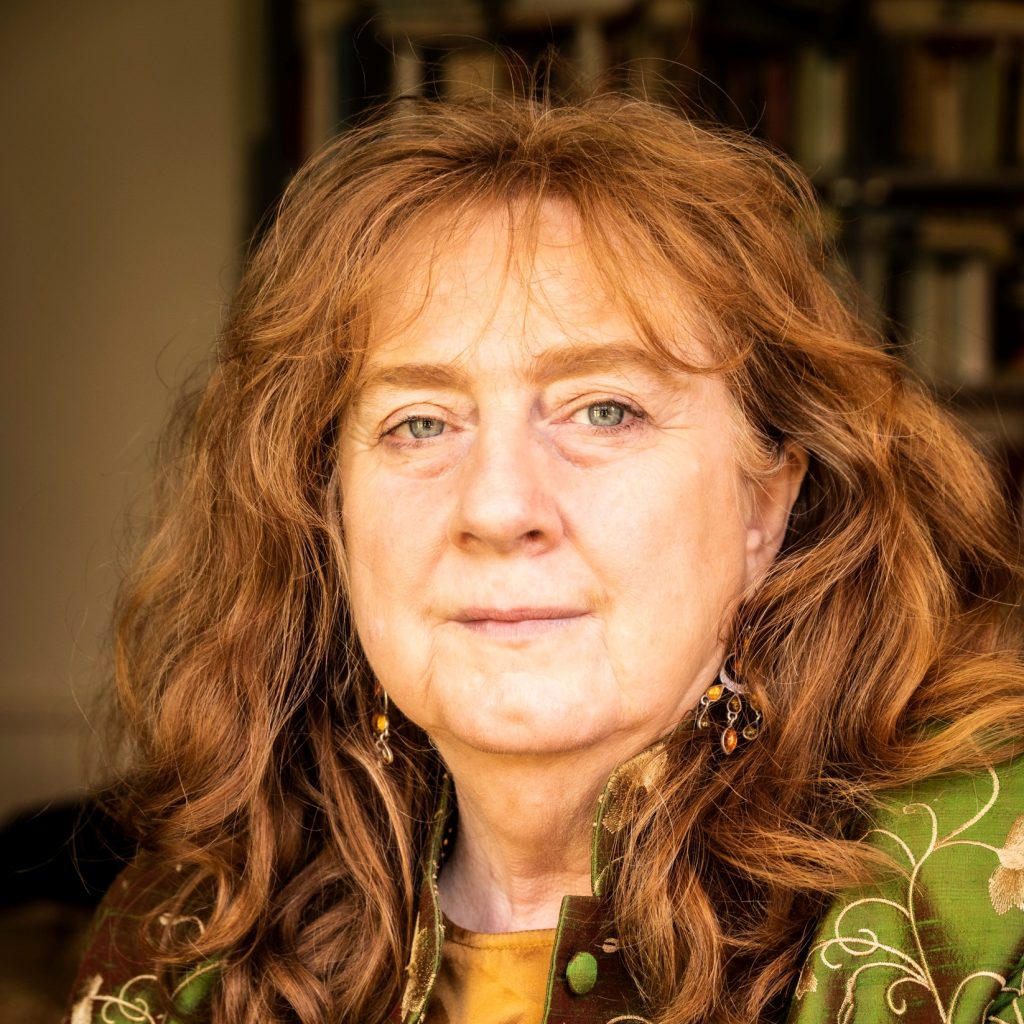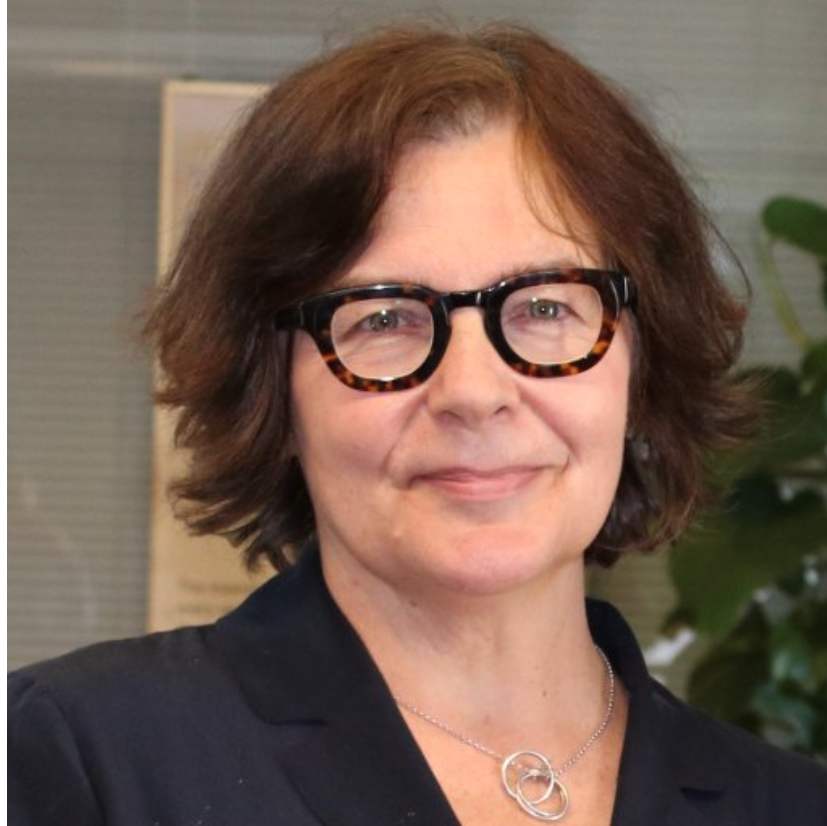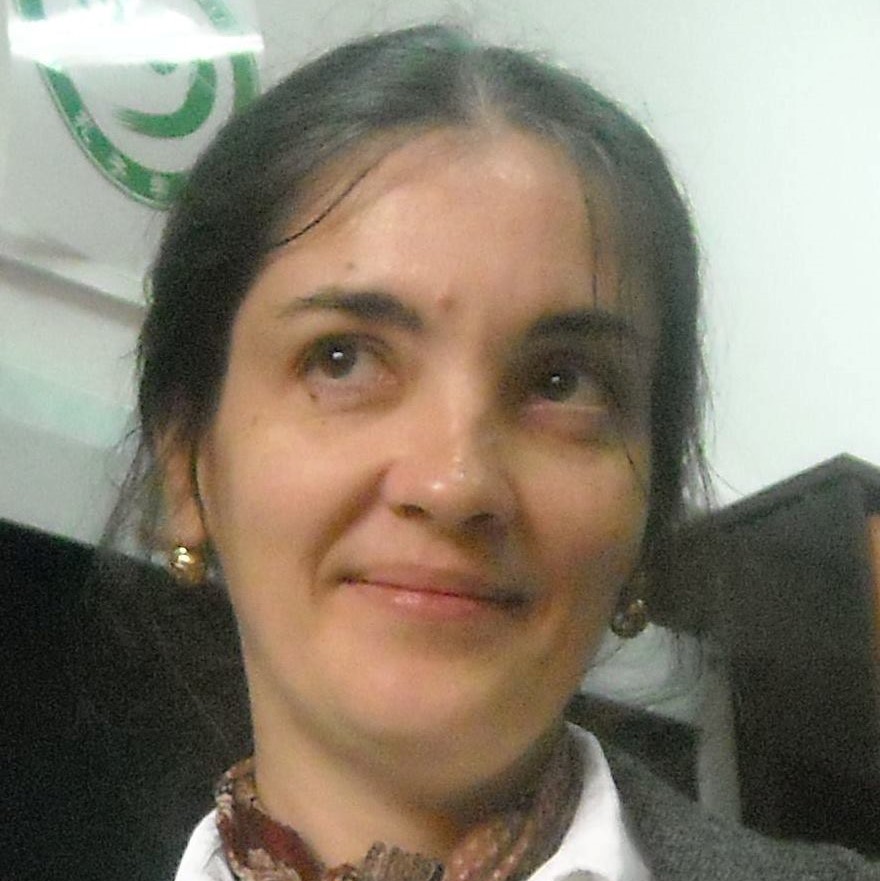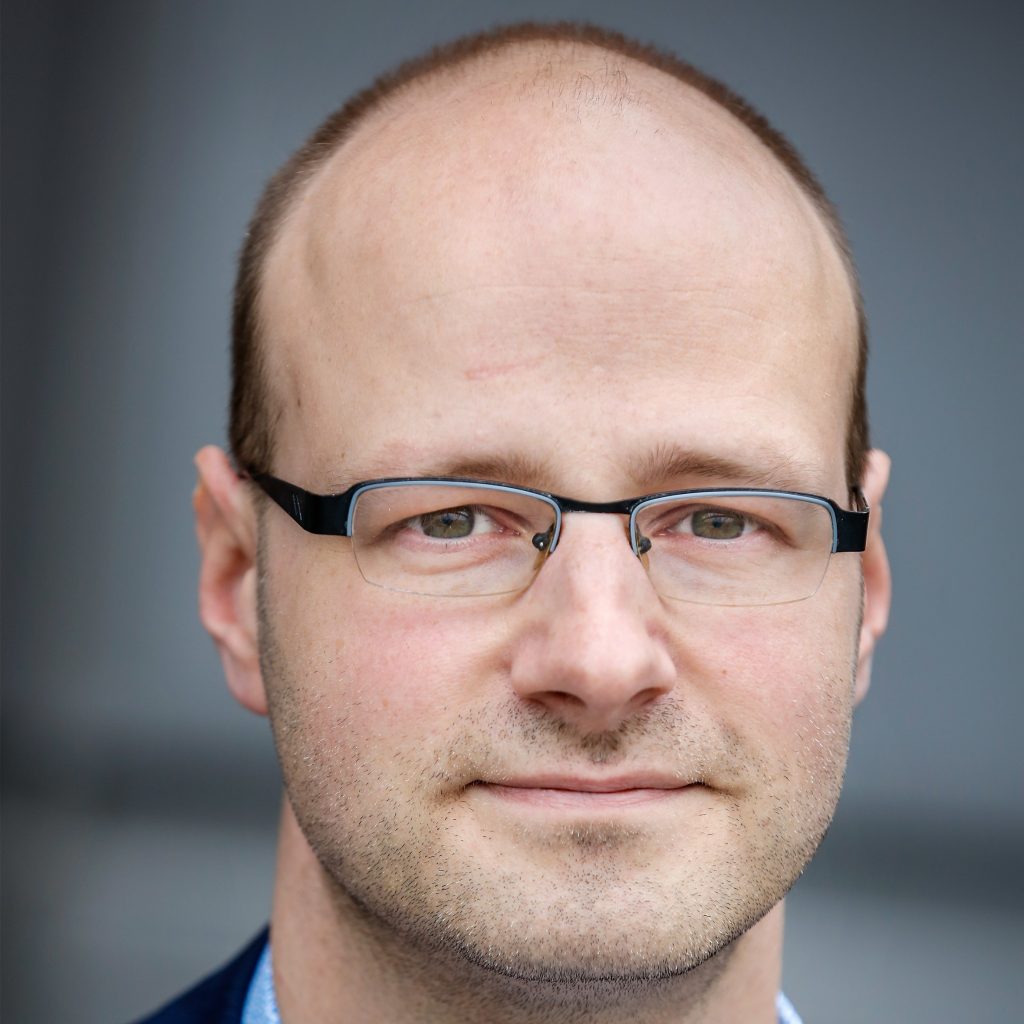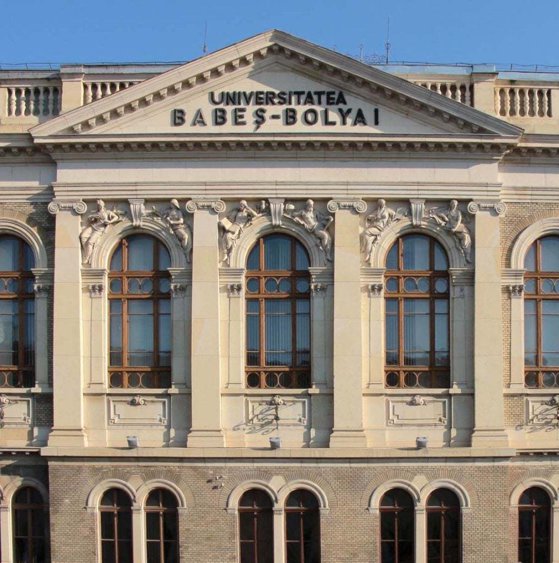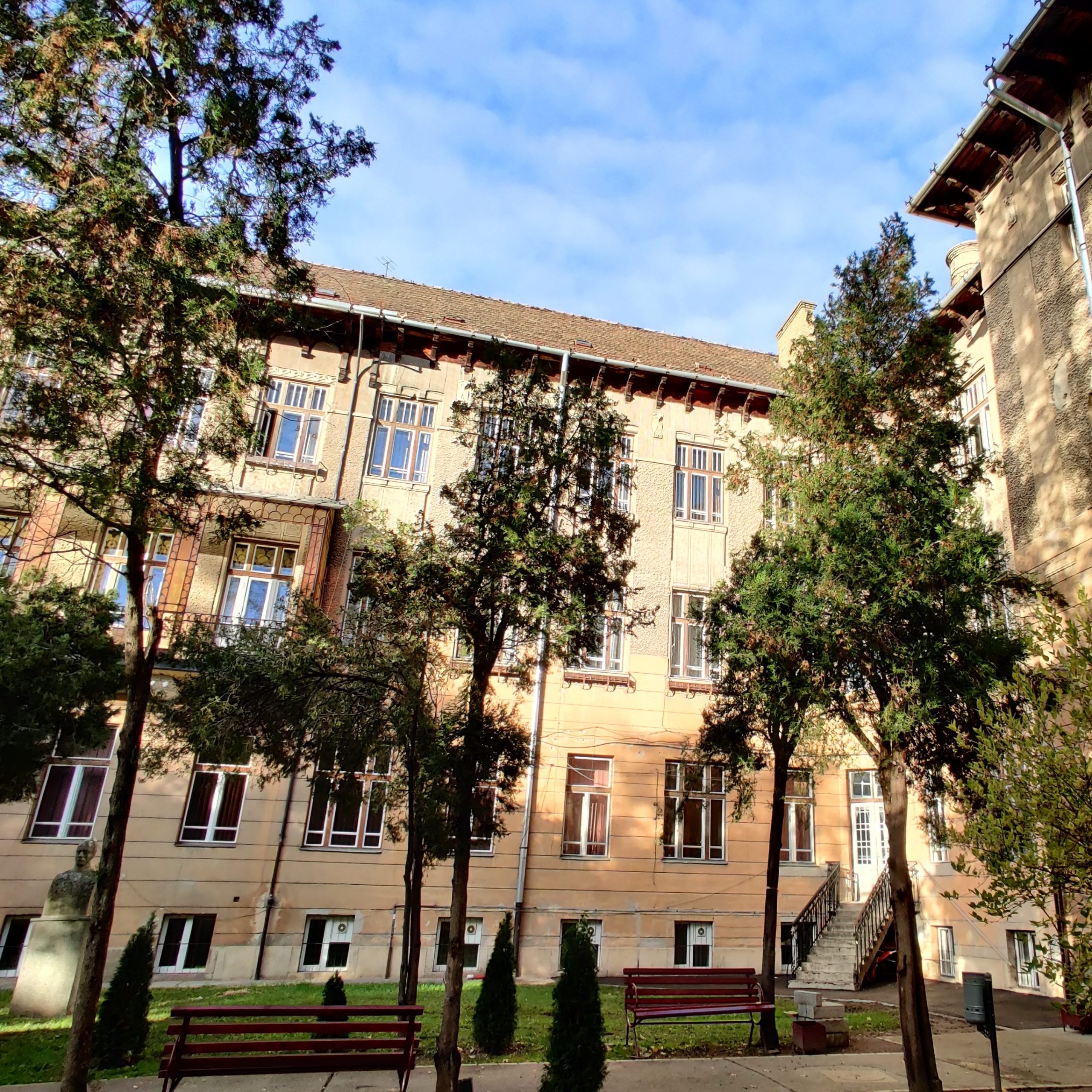In a book published in English in 2015, the German media theorist and philosopher Sybille Krämer attempts to provide a model for transmission that preserves the possibility of community without succumbing to notions of communication as the imposition of sameness (Medium, Messenger, Transmission. An Approach to Media Philosophy). As Krämer insists, it is essential to safeguard the difference that emerges during the process of transmission, defined as “an external, corporeal, and material process that can be conceived as a kind of embodiment” which is “also associated with a ‘disembodiment’ – namely, the way in which media ‘become invisible’ in their (interference-free) usage” (75). Transmission “lets appear”, or makes difference perceptible, and as such renders culture and community possible, in Nancean terms, as loci of both connection and separation. As Krämer and many others point out, transmission does not amount to neutral repetition of information, but implies “creativity,” distortion and noise, which means transformation is just as important as reiteration. Krämer’s model successfully reminds us that transmission, through the persistence of the medium – whose materiality, even if self-effacing, never ceases to intrude – makes the world “appear.” This may never have been so clear as at the time of the Covid pandemic, of social media, fake news and (perhaps crucially) climate crisis.
In the age of viral dissemination (digital, informational, biological), transmission can outstep the bounds of direct, unilinear flows between some fixed points of departure and destination. (Dis)articulated across complex, tangled and unstable nets, the multiscalar trajectories of transmission can drift across the micro- and the macroscopic, or the local and the planetary, as seen in the transference of plastic molecules into the human bloodstream or in the even vaster phenomenon of ocean plastification. Transmission, conveyed as both transference and transformation, is also a commonplace literary scenario in contemporary fictions that tap into what Marco Caracciolo calls the fragile yet dynamic “mesh” of interconnected human and nonhuman realities (Narrating the Mesh. Form and Story in the Anthropocene, 2021). With its attendant anxieties of loss and retrieval, transmission – which, etymologically speaking, is a process of sending forth and putting across – has always been a feature of literature’s intersections and enmeshments with the technosocial and the biopolitical. Not least, narrative transmission, especially in its literary instantiations, can also relay a possibility to better grasp the ethics of difference that should guide our way across the predicaments of today’s world.
We welcome proposals for papers and sessions addressing any aspect of our conference theme. Possible topics include:
- mediality, intermediality, liminality, exchange and the production of difference;
- communication, noise, entropy, interference, distortion: the dissemination of information, disinformation, knowledge;
- contagion, immunity, community, purity, security: the individual body and the body politic; literature and biopolitics;
- ecosystemic communication, environmental propagation, interspecies contiguity: transmission in the age of climate change;
- literature and medical discourses: discourses of infection, hygiene, contamination, origins; epidemics, pandemics and culture;
- circulation and recirculation of ideas: cultural transmission from manuscripts to social media;
- technologies of storage, archiving, recording; forms of cultural memory in the age of flow and virtualisation;
- authorship and dispersal: collaborative texts, joint authorship, participatory writing; from texts to co-texts, paratexts, metatexts;
- citations, borrowings, influences, interpretation, reception; precession and succession in literary history: copies, originals, (af)filiations, genealogies
- transmission, dissemination & transformation; interlinguistic, intercultural traffic & contact zones; transnational literature;
- linguistic/cultural hybridization: hybrid texts, genre hybridity; from discourses of hybridity to worlding/planetarity;
- translation and adaptation.
Confirmed keynote speakers
Theoretical linguistics and language acquisition
Research from various theoretical perspectives are welcome on topics in phonetics and phonology, morphology, lexicology semantics/ pragmatics, syntax and language acquisition. Aside from disciplinary approaches, this year we especially encourage inter-disciplinary perspectives that explore the complexities of human language from biological, psychological, historical, cultural, educational, etc. perspectives.
Internet linguistics
This section welcomes papers with a general approach to Internet linguistics, id est, a discourse analysis of sorts of the linguistic displays, patterns and behaviours within communication via the Internet, but mainly the cultural sociolinguistic perspective, where text (language, discourse and semiotic architecture) both signals and negotiates individual or group identities as well as covertly regulating communities of digital communication practice. The latter is a relatively recent paradigm as prompted by the fact that ideological affiliations and reciprocity have come to bear critically on digital communication behaviour, especially in the Social Network Sites. On the one hand, by and large, group identities have become hybrid, nebulous, fluid, tribal, particularly under the impact of integrated digital actions. On the other hand, increasingly ideologized virtual communities (see echo-chambers) have been having the opposite effect of coalescing and temporarily homogenising varied individuals opting to converse within these exclusive virtual liminal spaces. And since technology affordances have enabled individuals to explore, exercise and express their identity repertoires in a threefold capacity: online content users, consumers and creators, the aspects abovementioned will additionally lend themselves to a multidisciplinary approach that may variably include elements from semantics, pragmatics, semiotics and social psychology.
Keynote speaker:
- Prof. dr. Lieven Buysse (KU Leuven Campus Brussels, Belgium)
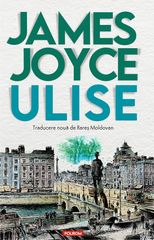 2022 marked the centennial of Ulysses, as well as the publication of a new translation into Romanian. This round table aims to bring together Joyce scholars, translators and translation specialists, to discuss various aspects of the novel in translation, the novel and its translations etc.
2022 marked the centennial of Ulysses, as well as the publication of a new translation into Romanian. This round table aims to bring together Joyce scholars, translators and translation specialists, to discuss various aspects of the novel in translation, the novel and its translations etc.
Confirmed participants:
- Professor Mircea Mihăieș (Universitatea de Vest, Timișoara)
- Professor Patrick McGuinness (University of Oxford)
- Hugo Hamilton (Irish novelist)
- Dr. Rareș Moldovan (Babeș-Bolyai University, translator of the new Romanian edition)
- Dr. Erika Mihalycsa (Babeș-Bolyai University, editor of the new translation)
- Dr. Adriana Șerban (Université Paul-Valéry, Montpellier 3)
- Armağan Ekici, independent scholar and translator of Ulysses into Turkish


